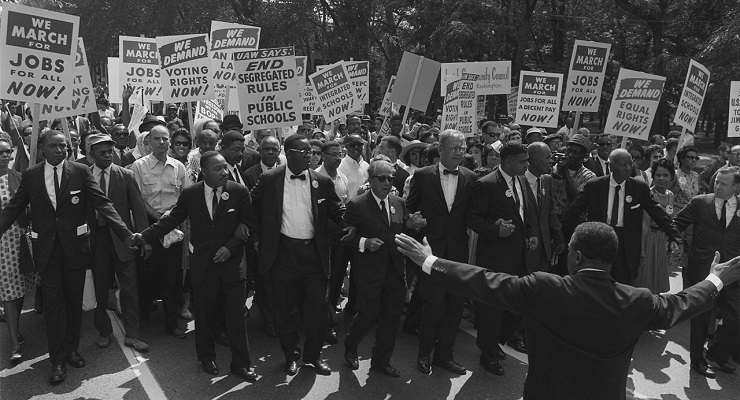
By Sarah Pruitt inHistory Channel’s website:
In the immediate aftermath of the Civil War, the United States found itself in uncharted territory. With the Confederacy’s defeat, some 4 million enslaved black men, women and children had been granted their freedom, an emancipation that would be formalized with passage of the 13th Amendment to the Constitution.
For black Americans, gaining the full rights of citizenship—and especially the right to vote—was central to securing true freedom and self-determination. “Slavery is not abolished until the black man has the ballot,” Frederick Douglass famously said in May 1865, a month after the Union victory at Appomattox.
After Abraham Lincoln was assassinated in April 1865, the task of reconstructing the Union fell to his successor, Andrew Johnson. A Tennessee-born Unionist, Johnson believed strongly in state’s rights, and showed great leniency toward white Southerners in his Reconstruction policy. He required the former Confederate states to ratify the 13th Amendment and pledge loyalty to the Union, but otherwise granted them free rein in reestablishing their post-war governments.
Read the full story here.
Leave a Reply